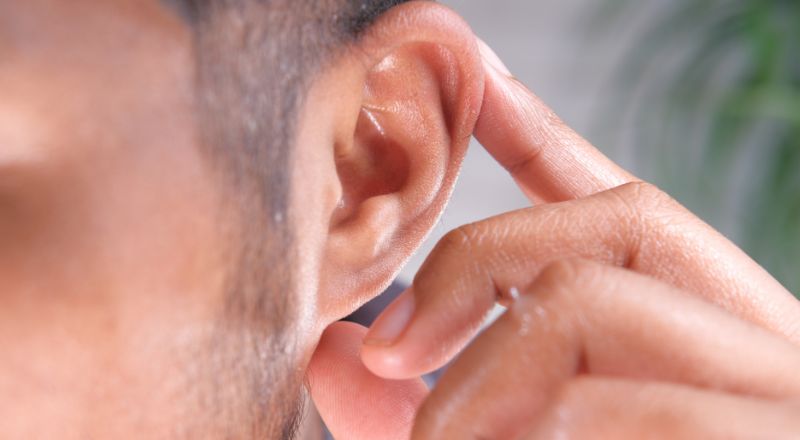How the Ear Works
Understanding the causes behind hearing impairments is crucial. With factors ranging from loud noises, medications, aging, to infections or structural anomalies of the ear, ENT, Sinus & Hearing Care Center delves deep to determine the root causes…

Deciphering the Complex Mechanisms of How the Ear Works
The ear, a marvel of human anatomy, is instrumental in connecting us to the world. It’s responsible for both hearing sounds and maintaining balance. To understand the vast range of auditory issues, one must first grasp the intricate processes of how the ear functions.
Journey of Sound: The Path from Ear to Brain
Hearing is a complex choreography involving multiple components of the ear and the brain. Here’s a step-by-step account:
- Sound, manifested as sound waves or vibrations, begins its journey at the outer ear.
- These waves travel through the ear canal, guided by the outer ear, towards the eardrum.
- Upon reaching the eardrum, they cause it to vibrate.
- These vibrations then journey to the middle ear, eventually reaching the fluid-filled chambers of the inner ear’s cochlea.
- Inside the cochlea, minuscule hair cells transform these vibrations into nerve impulses.
- These impulses then travel through the auditory nerve to the brain, which deciphers them as recognizable sound.
Hearing: A Symphony Between the Ears and Brain
Interestingly, while the ears capture sound, it’s the brain that truly “hears.” It undertakes the role of processing these sounds, distinguishing one from another, and prioritizing which ones we should pay attention to.
Much like vision relies on both eyes, effective hearing requires both ears. This concept, known as binaural hearing, is pivotal for localization — pinpointing the origin and direction of sound.
Ears: Guardians of Equilibrium
Beyond hearing, the ears are our guardians of balance. Nestled within the inner ear are the cochlea, responsible for capturing sound, and the vestibular system, the guardian of balance. The vestibular system, composed of three interconnected canals and two pouches, constantly communicates with the brain about the position and movement of our heads.
Given that both hearing and balance intricacies are housed in the inner ear, it’s no surprise that an issue in one can often affect the other. While not every hearing disorder leads to balance issues (and vice versa), there’s an undeniable link between the two.
Do you find yourself intrigued or concerned about the complexities of hearing or balance? Our dedicated specialists at ENT, Sinus & Hearing Care Center are here to guide and assist. For further insights or to book a consultation, reach out to us today.
